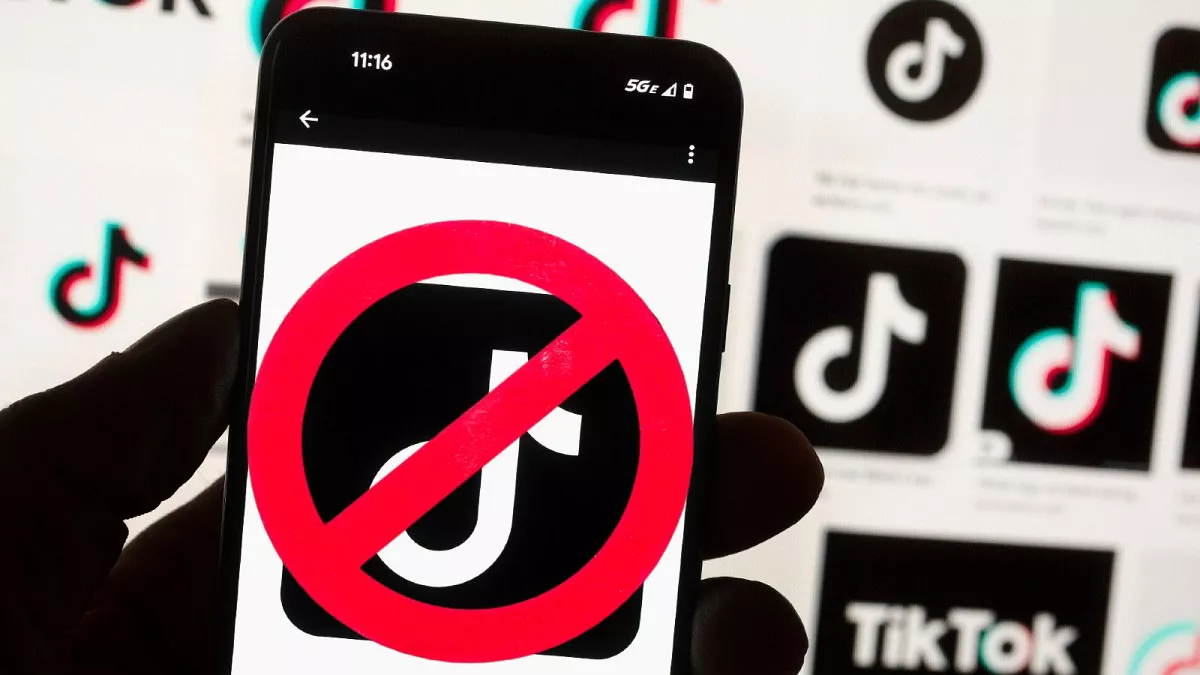Albania to ban TikTok and implement school safety plan following tragic incident

The Albanian government has decided to block TikTok across the country for at least one year starting mid-February. The decision comes as part of a comprehensive new school safety plan following the tragic stabbing of a 14-year-old student by a peer near one of Tirana’s top schools.
Why is this important: The dramatic decision follows extensive consultations, involving over 1,300 meetings with parent councils nationwide, initiated in response to concerns over the rise of violence and bullying among students. The government views the TikTok ban as a crucial measure to curb the harmful effects of online content and protect young people.
Context: The TikTok ban comes as part of a list of measures in the government’s newly announced action plan aimed at strengthening safety mechanisms in schools. The plan was developed with input from the National Parents’ Council, civil society, and international experts. Its primary focus areas include addressing violence, bullying, and online safety while fostering an environment of prevention and security.
The plan revolves around four key pillars: physical and digital safety, psychosocial support networks, education and awareness, and the concept of open schools.
Key measures in the plan:
- TikTok ban: The government, through the National Information Society Agency, will block TikTok using specialized tools to ensure compliance.
- Smart city project: Advanced intelligent cameras will be installed within schools and surrounding areas through a partnership with the United Arab Emirates.
- Increased number of security officers: The number of school security officers will double to 500 within two years.
- Dedicated school safety units: New structures within education directorates will coordinate security efforts and collaborate with local police and child protection units.
- Mobile phone monitoring: Stricter rules will be enforced to monitor the use of mobile phones during school hours.
- Early warning systems: Improved mechanisms for proactively identifying and addressing cases of violence, bullying, and cyberbullying through digital platforms.
- Increased mental health support: An additional 350 psychologists and social workers will be employed, bringing the total to 1,200 in the next two years.
- National digital support network: A nationwide system will assist in ensuring students’ online safety.
- Improved reporting tools: Improved digital services on the SMIP platform will allow real-time reporting and communication between teachers and parents through an online platform.
- Digital communication specialists: Schools will introduce new roles focused on managing digital documentation and communication, in collaboration with the Journalism and Communication Department of the University of Tirana.
Government response: During the presentation of the plan, Prime Minister Edi Rama, defended the Minister of Education, who faced calls for resignation after the tragic incident. Rama not only expressed unconditional support for the minister but also praised her past achievements in the Ministry of Health, promising equally commendable results in education.
Rama also pointed fingers at politics and media, accusing them of being drivers of violence and hate speech that later spreads on social media. He emphasized the need for systemic reforms to address these issues effectively.
A broader approach: The new school safety plan aims to create a safer, more inclusive, and proactive environment for students, addressing not only physical violence but also the psychological impacts of bullying and online threats. By banning TikTok and implementing this broad range of measures, the government hopes to foster a more secure and supportive educational landscape. This decisive action marks a significant step in addressing the root causes of school violence and digital safety concerns in Albania.


